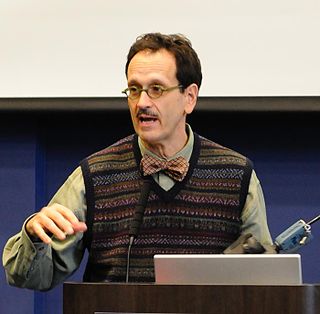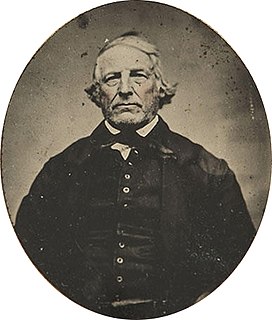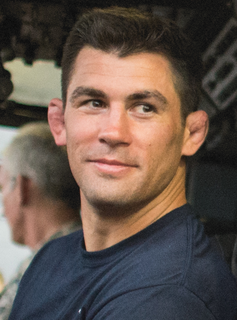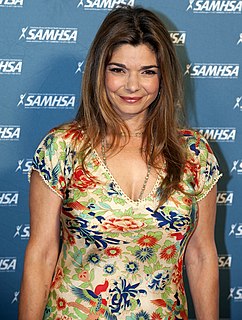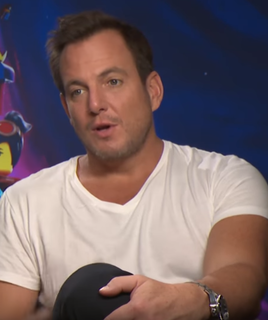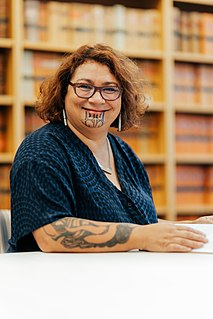A Quote by Daniel Levitin
People are trying to build a society where they can talk across the aisle so to speak, and have civil discourse. At the same time we're trying to inform ourselves about what's really true so that we can make evidence based decisions that is better than superstition or rumor. But the fact is that people who use evidence based decision making have much better life outcomes, greater life satisfaction, they live longer, they make better personal and medical decisions, better financial decisions. But parallel to that is you can't reason somebody out of a position they didn't reason themselves into.
Quote Topics
About
Across
Aisle
Based
Better
Better Life
Better Person
Build
Civil
Decision
Decision Making
Decisions
Discourse
Evidence
Fact
Financial
Greater
Inform
Life
Live
Longer
Make
Making
Medical
Much
Ourselves
Out
Outcomes
Parallel
People
Personal
Position
Really
Really True
Reason
Rumor
Same
Same Time
Satisfaction
Society
Somebody
Speak
Superstition
Talk
Than
Themselves
Time
True
Trying
Use
Related Quotes
The way to make better decisions is to make more of them. Then make sure you learn from each one, including those that don't seem to work out in the short term: they will provide valuable distinctions to make better evaluations and therefore decisions in the future. Realize that decision making, like any skill you focus on improving, gets better the more often you do it.
Normally I do all my own post work. It's not that I do it better than anyone else, I just do it my way. I make decisions. People who print at labs are probably far better printers, but they won't make my decisions mid-process. I don't want to be out of the loop. I want to be a photographer and do all of it.
I talk to a lot of women who have difficult times who are suffering. I really want women to be encouraged and to have hope because things can get better. Make good decisions, stop making bad ones, because we have to take responsibility too. But make good decisions and really the future will be a lot better for your kids - and yourself.
I think we are here to challenge ourselves and make ourselves better people and not just sit around in the world simply floating through life. You should be trying to do something great and making yourself better. You should be trying to evolve. That's what I'm trying to do, and that is very important to me.
I hear, 'But why do poor people make such bad decisions?' But actually, their decision-making can be far more complex than that of the better-off in many ways. They're not financially illiterate: they're constantly weighing up choices based on the reality of poverty. Somehow the international development community has resisted accepting this.
If we all make systematic mistakes in our decisions, then why not develop new strategies, tools, and methods to help us make better decisions and improve our overall well-being? That's exactly the meaning of free lunches- the idea that there are tools, methods, and policies that can help all of us make better decisions and as a consequence achieve what we desire-pg. 241


